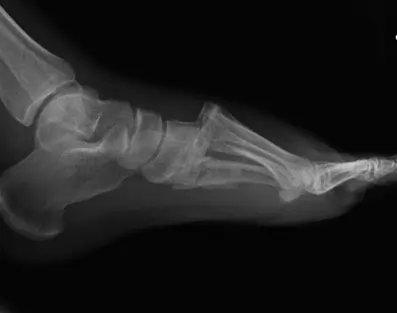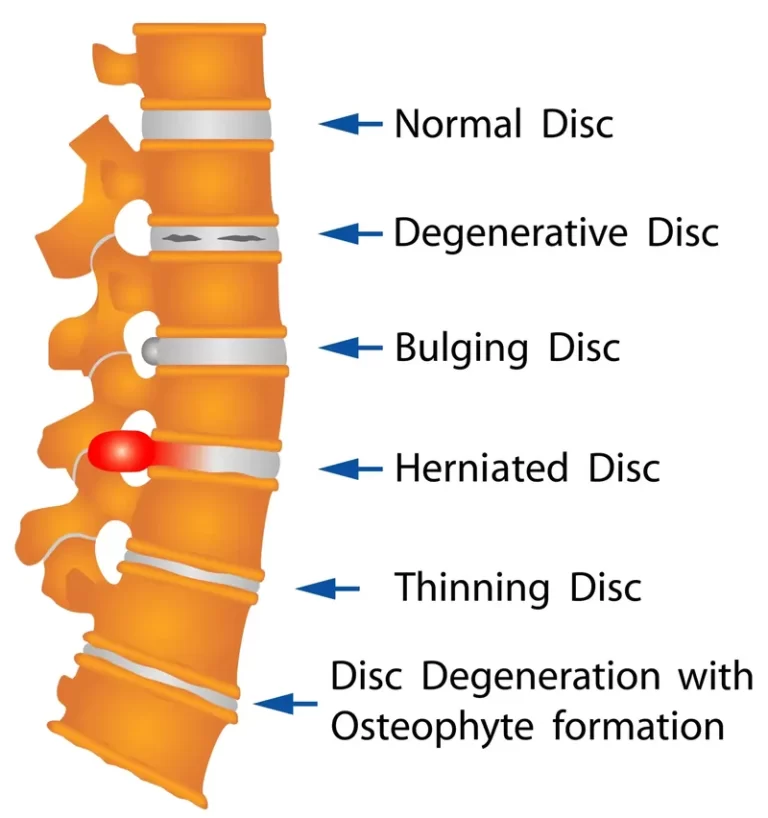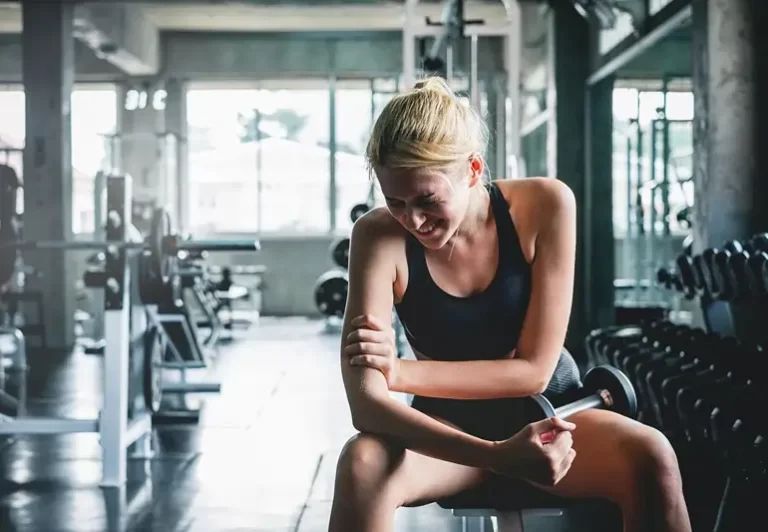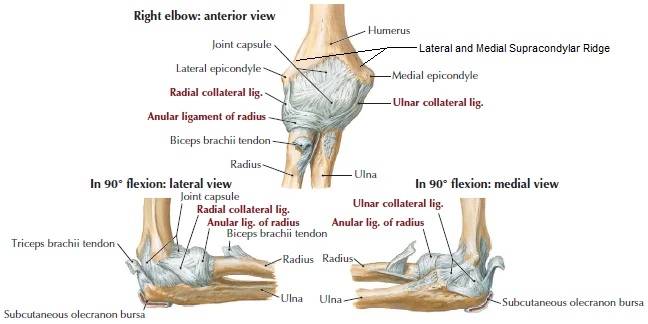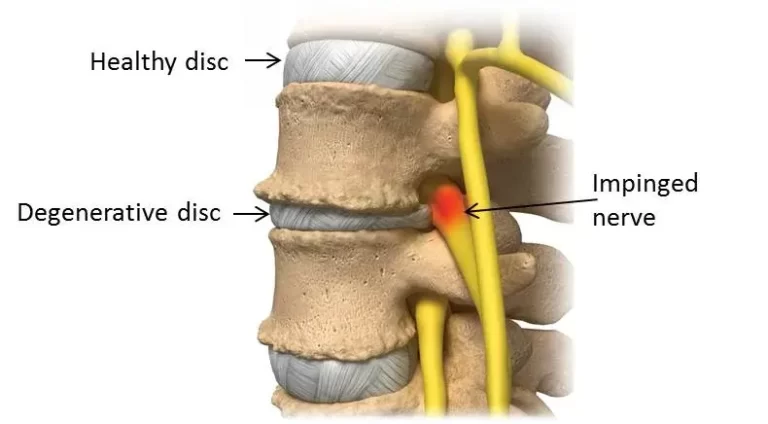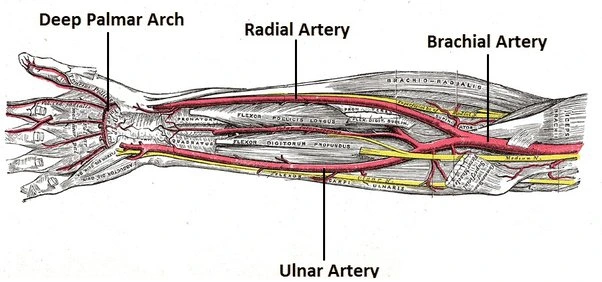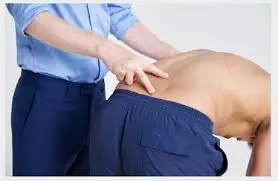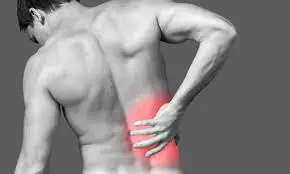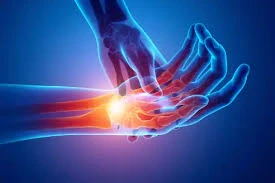Lisfranc Injury (Midfoot)
What is a Lisfranc Injury? A Lisfranc injury involves damage to the midfoot, specifically the ligaments or bones connecting the forefoot and hindfoot. It can result from trauma, such as falls, sports injuries, or car accidents, leading to pain, swelling, and difficulty bearing weight. Early diagnosis and treatment are crucial to prevent complications like chronic…

